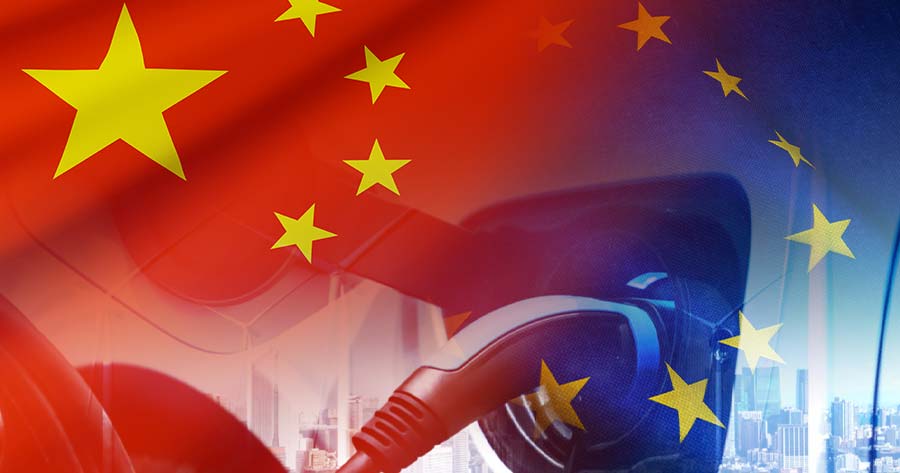The European Union is facing a dilemma as member states weigh the decision to support additional tariffs on Chinese-made electric vehicles, amid Beijing’s warnings of potential widespread retaliation.
Germany, with a significant portion of its car sales dependent on the Chinese market, is pushing to prevent the imposition of tariffs, while France has been steadfast in its support for the tariffs.
A Reuters poll of EU governments revealed that most countries are currently assessing the benefits and drawbacks of escalating the trade dispute. The matter will soon be put to an advisory vote among members, marking a pivotal moment for the European Commission’s largest trade case.
The EU is expected to confirm preliminary duties of up to 37.6% on Chinese electric vehicle brands like BYD, Geely, SAIC, as well as on China-produced models of Tesla, BMW, and other western automakers.
In October, EU members will vote on whether to implement multi-year tariffs at the conclusion of the investigation, subject to blockage if a “qualified majority” comprising at least 15 countries representing 65% of the EU population opposes them.
France, Italy, and Spain, collectively representing 40% of the EU population, have signaled their support for the tariffs as a means to protect European companies from unfair competition.
On the other hand, the Czech Republic, Greece, Ireland, and Poland are still deliberating the issue, while Belgium currently has a caretaker government and the Netherlands recently formed a new government.

